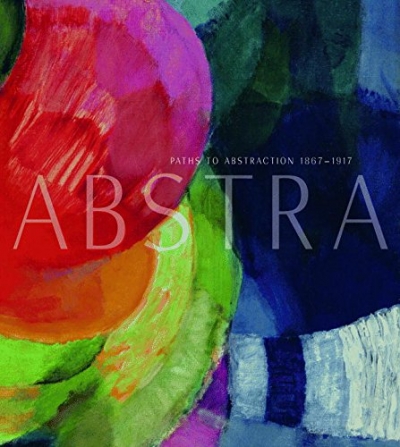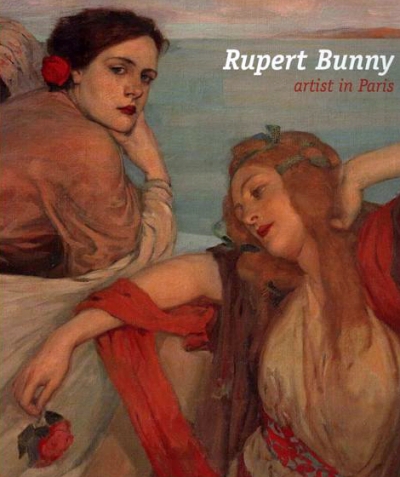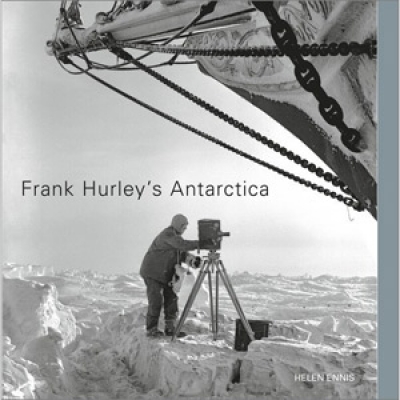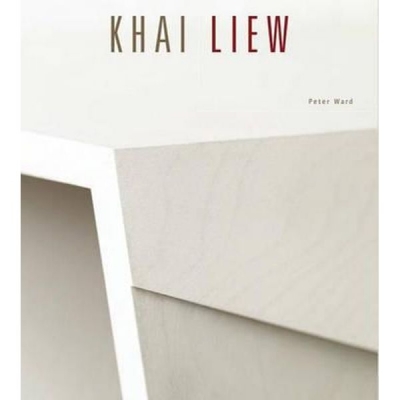Non Fiction
Immediately after the mid-term elections in November, Barack Obama left for a long-planned G20 gathering in Seoul and for meetings with heads of government in the nation states of India, Indonesia, and Japan. Nothing remarkable, you think? Exactly what one expects a United States president to do? Not in America.
The right-wing blogosphere went berserk. Miche ...
John Howard and Tony Blair both came to the prime ministership in landslides, Howard in 1996, Blair in 1997. They were on opposite sides of the traditional political divide, Howard leading a Liberal Party opposed to Australian Labor and Blair leading the British Labour Party ...
... (read more)The Mondrians in Paths to Abstraction 1867–1917, Terence Maloon’s beautiful, refined exhibition held at the Art Gallery of New South Wales from June to September this year, and the Gauguins in Ron Radford’s more spectacular Masterpieces from Paris that closed at the National Gallery in April, were drawcards. We last saw a group of Mondrians in 1961; Gauguin had never been properly seen in Australia. The exhibitions and the related books together amounted to a superb and very up-to-date two-part lesson in the history of modernism.
... (read more)Rupert Bunny: Artist in Paris by by Deborah Edwards, with Denise Mimmocchi, David Thomas and Anne Gérard
For those who saw the recent Rupert Bunny retrospective in Sydney, Melbourne, or Adelaide, where there were accompanying lecture programs, an informative audio guide, a lively children’s guide, and frilly knickers and parasols afterwards in the gallery shop, Rupert Bunny: Artist in Paris is a fine record of the exhibition. If you missed the show, this book provides a very good ‘virtual tour’, with works grouped both chronologically and thematically, all exhibits reproduced, plus full-page details of the artist’s fin-de-siècle beauties, decorative idylls and poetic mythological subjects. It is also a great deal more.
... (read more)A Beautiful Line: Italian Prints from Mantegna to Piranesi by Maria Zagala
One of the notable things about living in a small country is that you can enjoy many first-rate second-rate things. Given the post-Renaissance domination of the visual arts by painting, prints have for a long time been driven into a supplementary role by artists, historians, and the market, and, as a result, have tended to be treated as minor works, curios, or historical illustrations. Because, moreover, Australia was a far-flung colony of the British Empire for much of its modern history, treated by its masters as ancillary to ‘the main game’, this situation mitigated against the acquisition of many exceptional paintings. Australians bought prints instead. State galleries acquired staggering print collections, from Dürer through to Rembrandt, Piranesi, Blake and Goya to the present. As its subtitle suggests, A Beautiful Line: Italian Prints from Mantegna to Piranesi showcases one important local collection, in Adelaide. Running the gamut from Renaissance to Rococo, the exhibition presents 135 prints ranging from the iconic to the obscure, culminating with works by such luminaries as Canaletto and Giambattista Tiepolo.
... (read more)In the relatively small field of Australian photographic publishing, Frank Hurley has attracted more than his share of attention. The reasons are clear: in the contemporary world, bound by prohibitions, Hurley is a photographer–adventurer of heroic proportions.
... (read more)The most widely known story of Australian art is about the beginnings of Papunya Tula. It has, says Vivien Johnson, been ‘retold so often that it almost has the force of Dreaming’. Its force is not just due to the story’s frequent telling, but also to the crime with which it begins, which was the making of prohibited images.
... (read more)An appropriately elegant publication, Khai Liew is the eleventh in the Wakefield Press series of monographs on South Australian artists, which was initiated by the South Australian Living Artists Festival (SALA) and is assisted by Arts SA.
... (read more)Punch and Judy: The double disillusion election of 2010 by Mungo MacCallum
The 2010 federal election fell on my wife’s birthday: 21 August. Being political tragics, we didn’t stop for birthday cake. Instead, we handed out roughly 1600 how-to-vote cards for the Australian Labor Party in suburban Melbourne. Our local polling booth is the Vista Valley Kindergarten, in Bulleen. This kindergarten cum polling booth, which sits in more of a gully than a valley and offers no vistas, is located in the north-eastern corner of the electorate of Menzies, held by ultraconservative Liberal frontbencher Kevin Andrews. The battle for Vista Valley mirrored the national poll. In the Vista Valley count, the ALP’s primary vote collapsed, the Greens’ soared, more people voted informal than backed Family First, yet, thanks to the preferences of Greens voters, Labor fell across the line by four votes.
... (read more)The Bridge: The life and rise of Barack Obama by David Remnick
When the book arrived for review, a paperback of 656 pages, my heart sank. Americans are the world’s greatest researchers. Reading it would be like drinking from a fire hose. But it began incisively, with a turning point in the 2008 presidential campaign that established Obama’s audacity as a ‘complex, cautious, intelligent, shrewd, young African-American man’ who would project his ambitions and hopes as the aspirations of the United States of America itself. Soon we were in Kenya, with Tom Mboya, Jomo Kenyatta, the Mau Mau uprising, and Barack Hussein Obama Sr, a promising young economist with a rich, musical voice and a confident manner on his way to the University of Hawaii. We also meet the most compelling character in the book, perhaps in Obama’s life: his mother, a seventeen-year-old from Kansas, intrepid and idealistic, who takes up with the dasher from Kenya, becomes pregnant and marries him.
... (read more)







